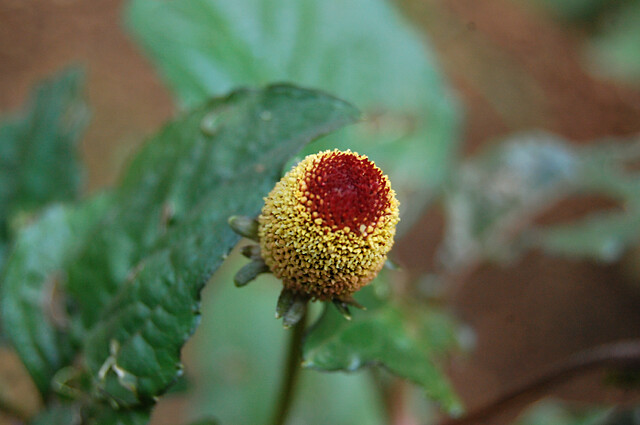Botanical Description:
Scientific Name: Schisandra chinensis
Common Names: Schisandra, Five-Flavor Berry
Description:
Schisandra (Schisandra chinensis) is a woody vine native to East Asia. Known for its distinctive taste that incorporates all five basic flavors (sweet, sour, salty, bitter, and umami), Schisandra has a long history of use in traditional medicine. Explore the traditional uses, constituents, and applications of Schisandra in this Materia Medica.
Disclaimer:
This Materia Medica is provided for informational purposes only and should not replace professional medical advice. Please consult with a qualified healthcare practitioner before using any herbal remedies.
Therapeutic Actions:
- Adaptogenic Properties:
- Schisandra is recognized for its adaptogenic properties, helping the body adapt to stress and promoting overall resilience.
- Liver Support:
- It is traditionally used to support liver health and promote detoxification processes.
- Antioxidant Effects:
- Schisandra exhibits antioxidant effects, contributing to its potential protective benefits against oxidative stress.
- Mental Clarity and Focus:
- Some traditional uses include Schisandra for enhancing mental clarity, focus, and cognitive function.
Constituents:
- Schisandrins:
- Unique compounds found in Schisandra, known for their adaptogenic and liver-protective effects.
- Lignans:
- Presence of lignans adds to the overall health-promoting properties of Schisandra.
- Vitamins and Minerals:
- Schisandra contains various vitamins and minerals, contributing to its nutritional profile.
Traditional Uses:
- Adaptogenic Support:
- Schisandra is widely used as an adaptogen, supporting the body’s ability to handle stress.
- Liver Detoxification:
- It is employed for liver support, aiding in detoxification processes and promoting liver health.
- Anti-Aging Tonic:
- Traditional uses include considering Schisandra as an anti-aging tonic, supporting overall vitality.
- Cognitive Enhancement:
- Some applications involve using Schisandra for improving mental clarity, focus, and cognitive function.
Dosage and Preparation:
- Schisandra Extract:
- Standardized Schisandra extract is commonly available in capsule or liquid form. Dosages may vary but often range from 500 to 1,000 mg per day.
- Schisandra Tea:
- Infusions or teas made from dried Schisandra berries can be prepared. Dosage should be in accordance with recommended guidelines.
Cautions and Considerations:
- Interaction with Medications:
- Individuals taking medications, especially those affecting the liver, should consult a healthcare professional before using Schisandra.
- Pregnancy and Breastfeeding:
- Safety during pregnancy and breastfeeding is not well-established, and consultation with a healthcare professional is recommended.
- Allergies:
- Individuals with known allergies to plants in the Schisandraceae family should exercise caution.
Conclusion:
Schisandra, with its unique flavor profile and adaptogenic properties, stands out in traditional medicine for its versatile health benefits. Whether used for adaptogenic support, liver health, antioxidant effects, or cognitive enhancement, Schisandra offers a holistic approach to well-being. This Exhaustive Materia Medica aims to provide comprehensive insights into Schisandra’s botanical description, therapeutic actions, constituents, traditional uses, dosage, precautions, and applications. For personalized guidance, consultation with healthcare professionals or herbalists is recommended to ensure safe and effective utilization of Schisandra as a herbal remedy.





